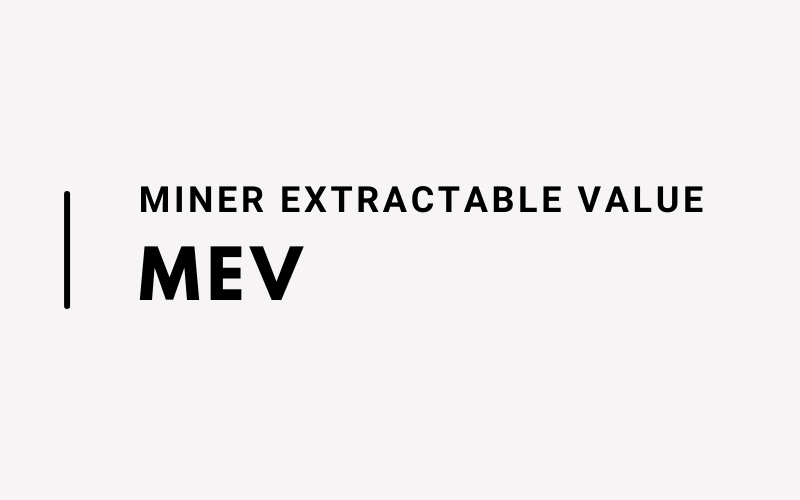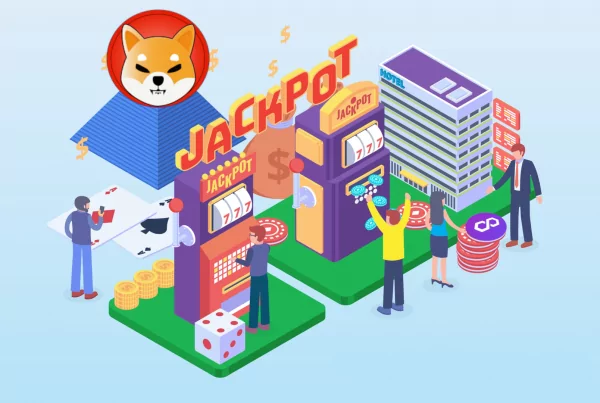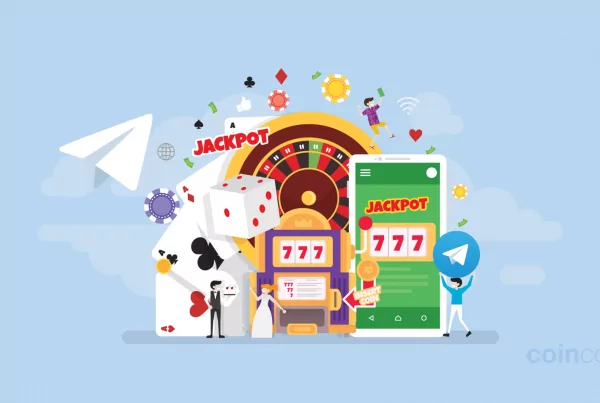
If you have been in the blockchain metaverse for a considerable amount of time, then you must be familiar with consensus algorithms and how transactions are validated and added to a block. Simply, in networks such as Bitcoin (BTC) and Ethereum (ETH), which use the proof-of-work (PoW) consensus mechanisms, miners are responsible for validating transactions and securing the network. These miners are responsible for selecting and aggregating transactions on the network before validating them and adding them to the block. They are the final signatory for transactions moving from the memory pool into mined blocks, and for this, they receive a block reward.
While termed as the safest and most effective (but energy-consuming) way to secure a blockchain, PoW mechanisms still face a huge challenge on how transactions are added to the block. Networks using PoW give miners so much power and complete liberty over the transactions, which could lead to mismanagement or unfair addition of transactions to the block.
Understanding the Miner Extractable Value (MEV) problem
Miner Extractable Value, popular as Maximal Extractable Value (MEV), affects PoW networks as more transactions are posted on the blockchain. This issue arises from the miners during the consensus of verifying transactions. Simply, MEV refers to a miner’s ability to dictate how, when, and where a transaction is placed before being posted on a block.
Maximal Extractable Value (MEV) allows miners to have complete control over which transactions will be posted first on the blockchain with an aim to gain additional transaction fees per block. This includes sequencing transactions in different ways, such as approving transactions with a high gas fee first, despite the transaction being posted on the block later than others. While the issue does not seem grave, there are several reasons why PoW networks are looking for solutions.
One of the top issues with MEV mechanisms is that it implicates a ‘hidden tax’ on the transaction unknowingly to users. This is due to the hikes in the gas costs as a result of the attacker’s (bad miners) actions. Additionally, MEV has serious implications while settling a trade on a decentralized exchange (DEX), which must settle trades in a specified manner. Finally, MEV can also destabilize PoW networks. This occurs if block rewards are small enough compared to the MEV, whereby it gives the bad actors an opportunity to destabilize consensus by reordering or censoring transactions.
While the problem has mostly affected PoW blockchains, the issues have spread to the non-fungible tokens (NFTs) market. Below we focus on some of the ways MEV is affecting NFT drops and collections, today.
Similar to the PoW networks’ MEV problem, NFTs also suffer from investors with large tracts of cash taking up most of the genesis NFT drops. This leaves many investors outside the loop and locks out small-time capital investors from these NFT drops. While the issue has been managed on the PoW networks side by introducing proof-of-stake (PoS) consensus mechanisms, the NFT world is still suffering from the MEV problem.
The MEV problem across the PoW networks and NFT space has commonly been referred to as blockchain-based Wall Street front running.
The solutions to the MEV problem
The MEV problem has flown under the radar since the launch of Bitcoin back in 2009. In an effort to reduce the cases of front-running transactions, Automata, a privacy-focused middleware service for DApps, is providing a lasting solution.
First, the protocol introduced the MEV.Tax tool, a free-to-use service developed by Automata to help users uncover the “invisible tax” while trading on a DEX. Any transaction on a DEX is checked for possible front running and the user is then alerted, giving them an opportunity to stop the trade as early as possible. Additionally, Automata is establishing a secondary relay to minimize front running and MEV tactics, ensuring every transaction on the chain is completed fairly and transparently.
With the cases of NFT front running also getting out of hand, Automata provides a platform for projects to launch a fair and transparent NFT drop. This gives every investor an equal chance of purchasing an NFT during the genesis drop. To assist NFT investors, Automata integrated Conveyor in 2021 to minimize the cases of MEV and incorporate privacy modules to ensure your transactions are not front-run. This allows projects to complete ‘NFT fairdrops’, those that give every participant a fair chance to scoop up an NFT during a genesis NFT drop.
The growing ecosystem of anti-MEV platforms
Leveraging Conveyor’s technology, Readl, a decentralized platform for publishing, released its first batch of NFTs in a fair and transparent drop. The platform introduces the first-ever decentralized NFT Books & Collectibles marketplace. The project has partnered with standout artists to illustrate its initial collection, and the airdrop, consisting of 100 copies of 10 classical books, will be available for every participant equally. The platform will offer the NFTs on a proof-of-first mechanism (or first-come, first-served model), a mechanism powered by Conveyor.
“Blockchain companies with staying power are those who understand that the launch auction needs to preserve the underlying values of Web3 to avoid a repeat of its historically extractive past, and we’re thrilled to have veterans such as Readl and Monster Galaxy on board to steer the course together,”
Deli Gong, Co-Founder at Automata Network said in a statement.
Notwithstanding, Monster Galaxy, a free play-to-earn game, will also launch its NFT fair drop on the Automata platform. According to a statement, the popular game franchise will launch the genesis NFT drop of the MOGA Blindbox game, via Conveyor. This will provide users with the technical ability to get NFTs at a fair price floor without favoring any privileged parties or allowing predatory users to gain a foothold.
Conclusion
As the world moves digital and accepts blockchain technology, protecting small-time investors will be key to the sustained growth of the ecosystem. In partnership with Conveyor, Automata will provide platforms with a front-running free zone made possible with ordered privacy, meaning transaction ordering is not revealed unless the miners cannot alter it. Additionally, by making it impossible for bad actors to inject new transactions or delete ordered transactions, the platform will save users on transaction fees paid, making transaction verification free and fair.



